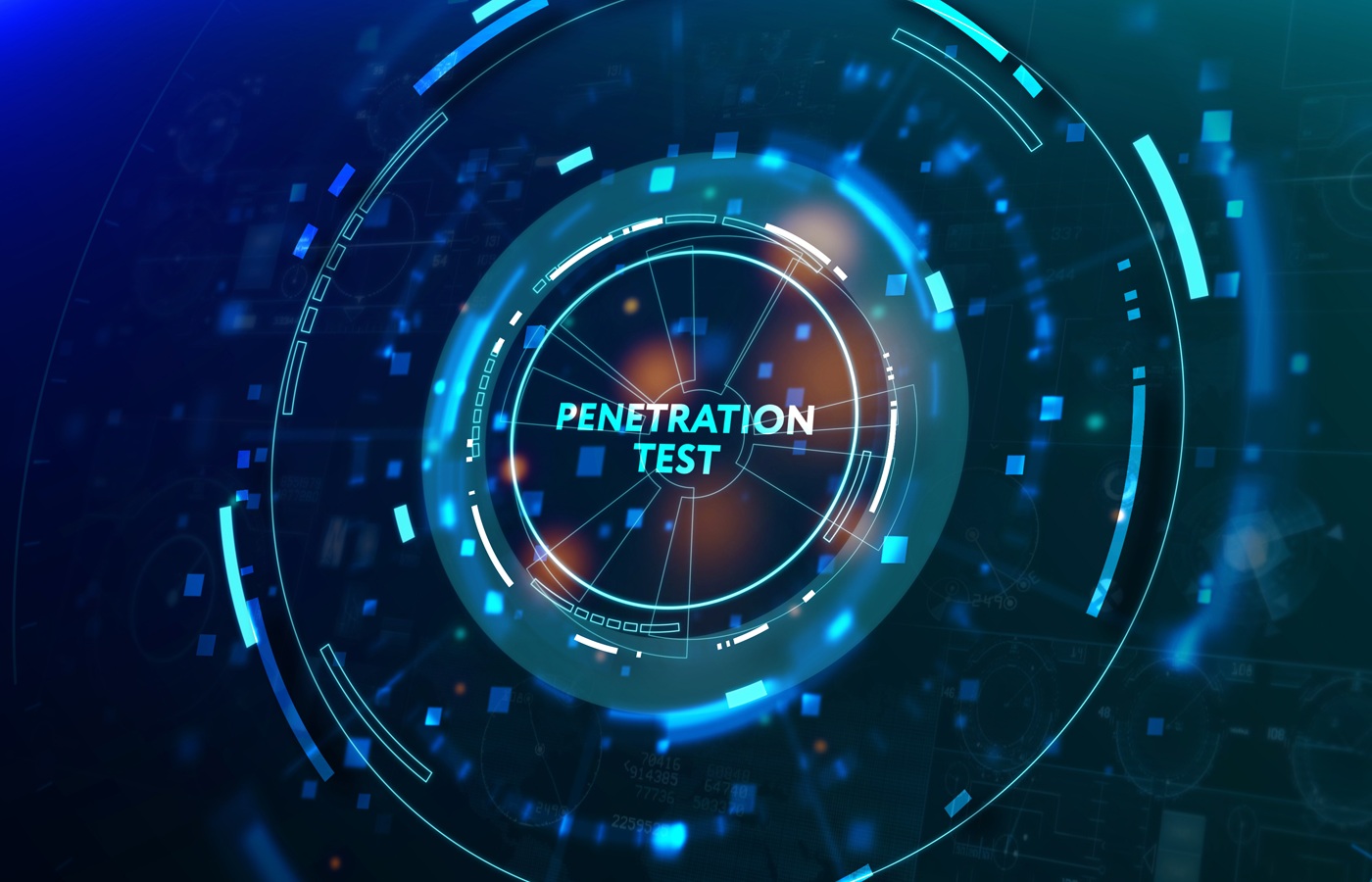A VPN (Virtual Private Network) routes your internet traffic through an encrypted tunnel, shielding your data from hackers and ensuring your online activities remain private and secure. A VPN can provide the solution if you want to safeguard your personal information, bypass geo-restrictions, or maintain anonymity online. This guide will walk you through everything you need to know, from how to use a VPN on your Windows or Mac PC, why to use a VPN, and its most common uses and challenges.
How to Use a VPN?
Using a VPN like NordVPN on your Windows or Mac PC is a simple process that allows you to secure your online activities, maintain privacy, and access geo-restricted content. Assuming NordVPN is installed on your device, here’s how to get started.
Using NordVPN on Windows
- Launch NordVPN: Open the NordVPN application on your Windows PC from the desktop or Start menu.
- Log In: Enter your NordVPN account credentials if prompted. Once logged in, you’ll have access to all available features.
- Quick Connect: For the fastest and most reliable connection, click the “Quick Connect” button. This will automatically connect you to the fastest server available based on your location.
- Manual Server Selection: Alternatively, you can select a specific server by choosing a country from the list on the left menu or by tapping a location on the map.
- Connection Confirmation: After a few moments, the app’s status will change to “Connected,” displaying the server’s location and your new IP address. Additionally, a pop-up notification on your Windows PC will confirm that you’ve successfully connected to the VPN.
- Secure Browsing: Once connected, you can browse the internet securely, stream content, and perform other online activities with enhanced privacy.
Using NordVPN on macOS
Open NordVPN: Access the NordVPN app on your Mac, which you can download from the official website or the App Store.
- Log In: If you haven’t logged in yet, enter your NordVPN credentials to access the app.
- Quick Connect: For a fast connection, click the “Quick Connect” button in the app’s upper right corner. This will connect you to the best available server.
- Manual Server Selection: If you prefer a specific location, you can select a server from the map or choose a country from the list provided within the app.
- Connection Confirmation: After a brief moment, the app will show you’re connected. A pop-up notification will also confirm the successful connection.
- Browse Safely: With NordVPN connected, you can now browse, stream, and conduct online activities with your data secured and your privacy intact.
Following these simple steps, you can easily use NordVPN to protect your online activities on Windows and macOS devices. For more details on setting up and configuring a VPN, check out our comprehensive guide.
Why You Should Consider Using a VPN
As digital threats and privacy concerns continue escalating, using a Virtual Private Network (VPN) has shifted from a tech-savvy option to an essential tool. Whether you’re an IT professional handling sensitive information or a regular user safeguarding your privacy, a VPN provides critical benefits that make it indispensable in today’s digital age.
Here’s why integrating a VPN into your online routine is a smart move:
Enhanced Online Privacy
When you connect to the internet, your IP address can expose your location and browsing habits to websites, advertisers, and your ISP. A VPN hides your IP address, making it appear like you’re browsing from another location, enhancing your privacy and control over your online presence.
Improved Security on Public Wi-Fi
Public Wi-Fi networks are vulnerable to cyberattacks, making it easy for hackers to intercept your data. A VPN encrypts your connection, protecting your personal, login, and financial details, which are essential for secure remote work and travel.
Bypassing Geo-Restrictions & Censorship
A VPN lets you bypass geographic restrictions, accessing content and services that might be censored in your region. It benefits travelers and expatriates who want to stay connected to their favorite shows, news, and social media abroad.
Protection Against Data Throttling
ISPs may slow down your connection based on your activities, a practice known as data throttling. A VPN hides your online activity, preventing throttling and ensuring faster, uninterrupted internet speeds.
Securing Remote Work Environments
With remote work on the rise, securing your connection to corporate networks is vital. A VPN encrypts the connection between your device and your company’s network, protecting sensitive data from unauthorized access. For IT professionals managing remote teams, VPNs are essential for maintaining network security across various locations.
Preventing Unwanted Surveillance
Governments and other entities may monitor internet traffic, compromising your privacy. A VPN encrypts your data and masks your IP address, making it much harder for anyone to track your online activities.
Secure File Sharing
Sharing files online, especially large or sensitive ones, risks data breaches and unauthorized access. A VPN encrypts your file transfers, securing them against interception and tampering, which is crucial for businesses and individuals sharing confidential documents.
Maintaining Online Anonymity
Maintaining online anonymity is challenging due to data collection and targeted ads. A VPN protects your privacy by routing your traffic through remote servers, making it hard to trace your activities. This is essential for those who value their privacy or need to access sensitive information discreetly.
Safe Online Shopping & Banking
When shopping or banking online, a VPN encrypts sensitive data, such as credit card and bank details, making it harder for cybercriminals to steal your information. This extra security is crucial for protecting your financial data from online threats.
Protection from Cyber Threats
Beyond securing your connection, some VPNs offer additional features like malware protection, ad-blocking, and phishing defense. These extras enhance your protection against cyber threats, helping safeguard your devices and data from attacks.
If you want to explore VPN options and learn more about the benefits of using one, check out our guide to enterprise VPN solutions for in-depth information and recommendations.
Most Common Uses of VPNs
VPNs serve various purposes, each tailored to different user needs. Here are the most common uses:
Privacy Protection
One of the primary basics of VPN security is its role in safeguarding your privacy. By encrypting your internet connection, a VPN ensures that your online activities remain private, even on unsecured networks. This is particularly important for IT professionals and enterprises concerned with protecting sensitive data.
Secure Remote Access
VPNs enable remote employees to securely connect to their company’s network from anywhere in the world. This is crucial for maintaining business continuity while ensuring that corporate data remains secure, making VPN for beginners and seasoned IT professionals an indispensable tool.
Streaming & Bypassing Geo-Restrictions
For those who want to access content restricted by geographic location, such as Netflix, Hulu, or BBC iPlayer, VPNs allow you to appear as if you’re browsing from another country. This is a common reason for how to connect to a VPN.
Safe Online Shopping & Banking
A VPN provides an additional layer of security when making online transactions, ensuring that your financial information is protected from potential cyber threats.
Enhanced Gaming Experience
VPNs can reduce ping times and improve gaming performance by connecting you to a server closer to the game’s servers. Additionally, they allow you to access games that may not be available in your region.
5 Common Challenges When Using a VPN
While VPNs offer numerous benefits, they also come with a few challenges that users should be aware of:
- Slower Internet Speeds: Encrypting and routing your data through a VPN server can sometimes result in slower internet speeds. Choosing a server close to your location can mitigate this issue.
- Compatibility Issues: Some websites and services actively block VPN traffic. This can be a hurdle when trying to access certain content or services.
- VPN Disconnects: Occasionally, VPN connections may drop, exposing your real IP address. Ensuring you have a reliable VPN service can help minimize this risk.
- Complex Setup for New Users: While many VPNs have user-friendly interfaces, how to turn on a VPN or how to configure a VPN can be daunting for beginners. Fortunately, many providers offer detailed guides and customer support.
- Legal and Compliance Issues: In some countries, VPN use is restricted or even illegal. Always be aware of the legal implications of using a VPN in your location.
For more on these challenges, refer to our article on network security threats.
VPN Security Best Practices
To ensure your VPN provides the highest level of security, follow these essential best practices:
- Use Strong, Unique Passwords – Create robust, unique passwords for your VPN account and connected devices. This helps prevent unauthorized access and enhances your overall security.
- Enable Multi-Factor Authentication (MFA) – Activate MFA whenever available to add an extra layer of protection. This is especially important for accessing your VPN account and managing sensitive data.
- Keep Your VPN Software Updated – Regularly update your VPN software to incorporate the latest security patches and enhancements. This practice ensures you benefit from improved protection and features.
- Choose Secure VPN Protocols – Select a VPN that supports secure protocols such as OpenVPN or WireGuard. These protocols offer advanced encryption and reliable security.
- Avoid Free VPNs – Steer clear of free VPN services, which often lack robust security features and may compromise your data. Invest in a reputable paid VPN service for better protection and privacy.
Adhering to these practices will help you maximize the effectiveness of your VPN and maintain a high level of security in your online activities.
Top 4 VPNs to Consider
When choosing a VPN, it’s crucial to consider your specific needs and each service’s features. Here are the top four VPNs that stand out for various reasons:
Surfshark: Best VPN for Security
Surfshark is known for its strong encryption, no-logs policy, and advanced security features like CleanWeb, which blocks ads and malware. It’s an excellent choice for users prioritizing security.
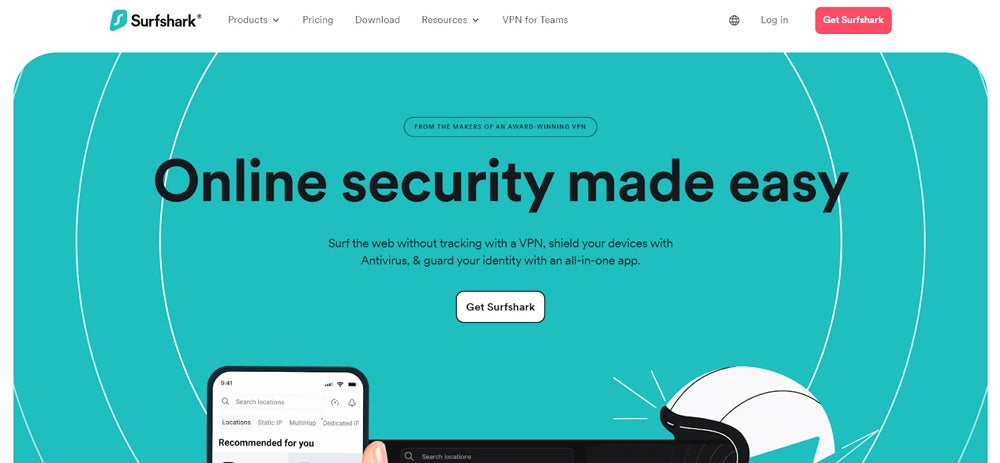
Ready to secure your online presence? Visit Surfshark and start your free trial today.
NordVPN: Best VPN for Privacy
NordVPN is a privacy-focused VPN with features like double VPN, which routes your connection through two servers for extra anonymity. It also offers a strict no-logs policy, ensuring your activities aren’t tracked.
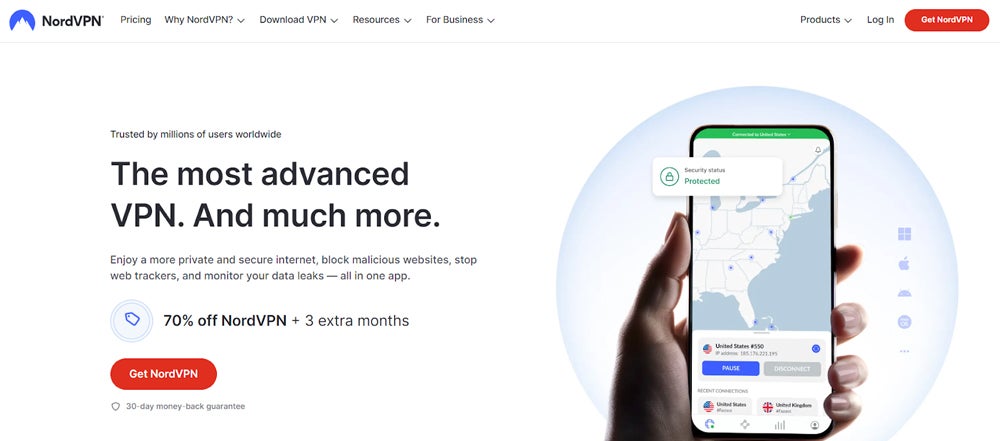
Protect your privacy today. Visit NordVPN to explore their plans and take control of your digital footprint.
IPVanish: Best Customer Support
IPVanish offers around-the-clock customer support with 24/7 live chat, making it a reliable choice for users who may need assistance. Its fast servers and secure connections make it a solid all-around VPN.
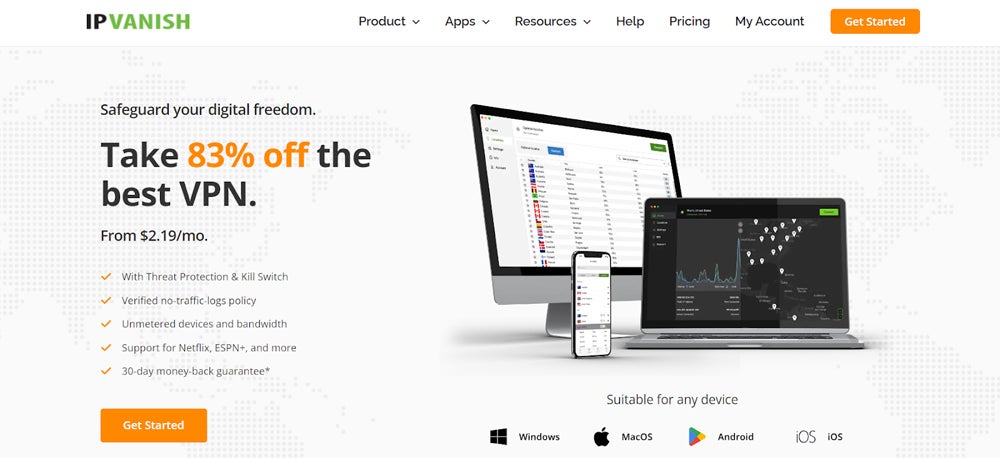
Need a VPN with top-notch support? Visit IPVanish to get started with a provider who is always there to help.
Hotspot Shield VPN: Best VPN for Streaming
Hotspot Shield provides fast and reliable connections, making it ideal for streaming content in HD. It also bypasses geo-restrictions, allowing you to access your favorite shows from anywhere.
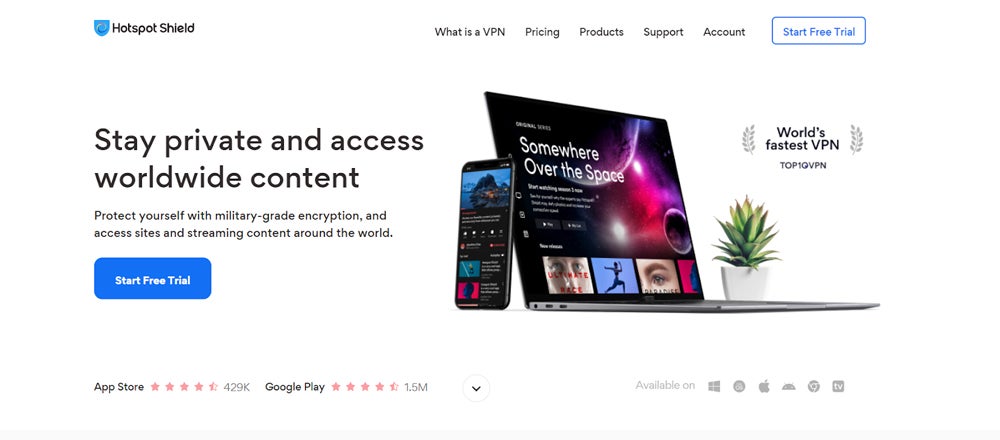
Want to unlock global content? Visit Hotspot Shield VPN and enjoy streaming without borders.
While these top four VPNs offer exceptional features, you might also want to explore Bitdefender VPN for a robust and secure option. Check it out to see if it’s the right fit for your online security and privacy needs.
Frequently Asked Questions (FAQs) About VPNs
Are VPNs legal?
Yes, using a VPN is legal in most countries. However, some countries have restrictions on VPN usage, so it’s important to check the laws in your region.
Are VPNs free?
Free VPNs are available, but they often come with limitations such as slower speeds, limited server options, and potential security risks. Paid VPNs offer better security, privacy, and performance.
Can anyone see me if I use a VPN?
A VPN hides your IP address and encrypts your internet traffic, making it difficult for anyone, including ISPs and hackers, to see your online activities. However, the VPN provider can see your traffic, so choosing a reputable provider is essential to ensure reliable network security.
Bottom Line: Protect Your Data with a VPN
The benefits of using a VPN extend beyond just basic privacy. From enabling secure remote access for businesses to optimizing your streaming experience, a VPN can significantly improve various aspects of your digital life. Don’t leave your data vulnerable. Evaluate your needs, consider the top VPN providers, and choose one that aligns with your requirements. Protect your data today and ensure a safer, more secure online experience.
For a comprehensive understanding of how a VPN fits into the broader context of network security, explore more about types of network security.



